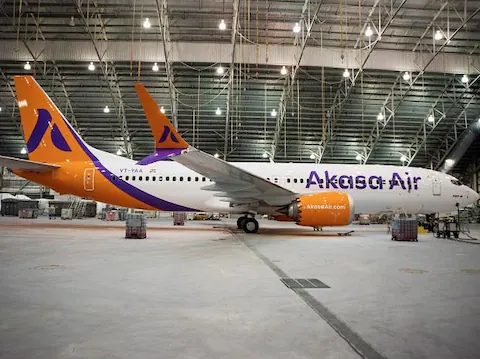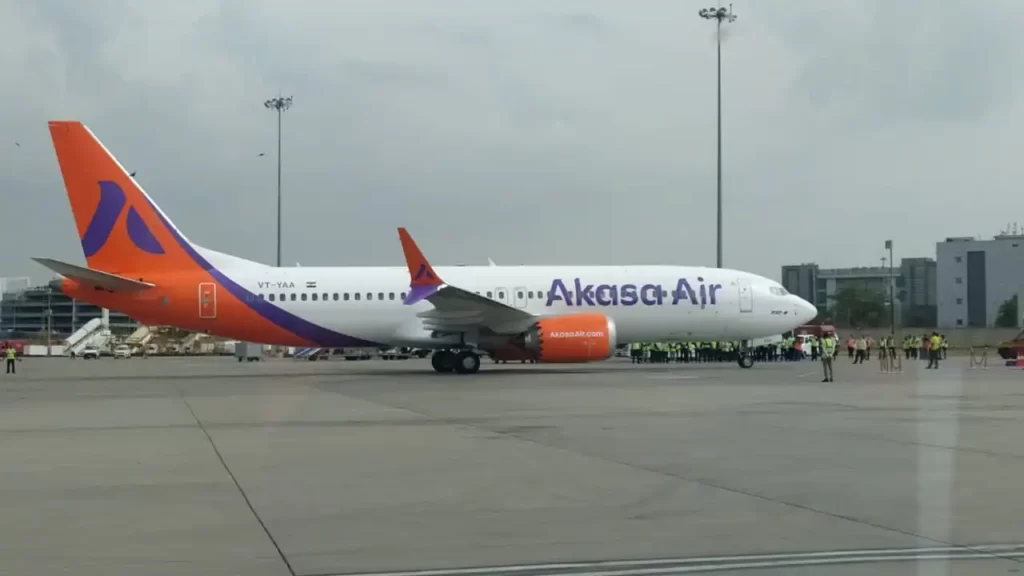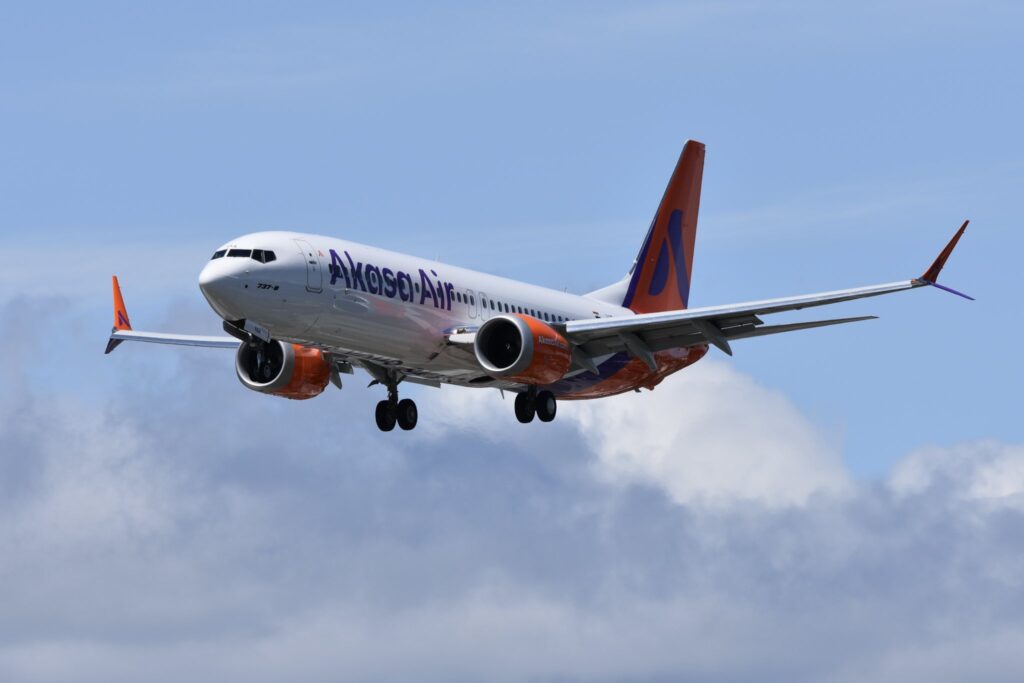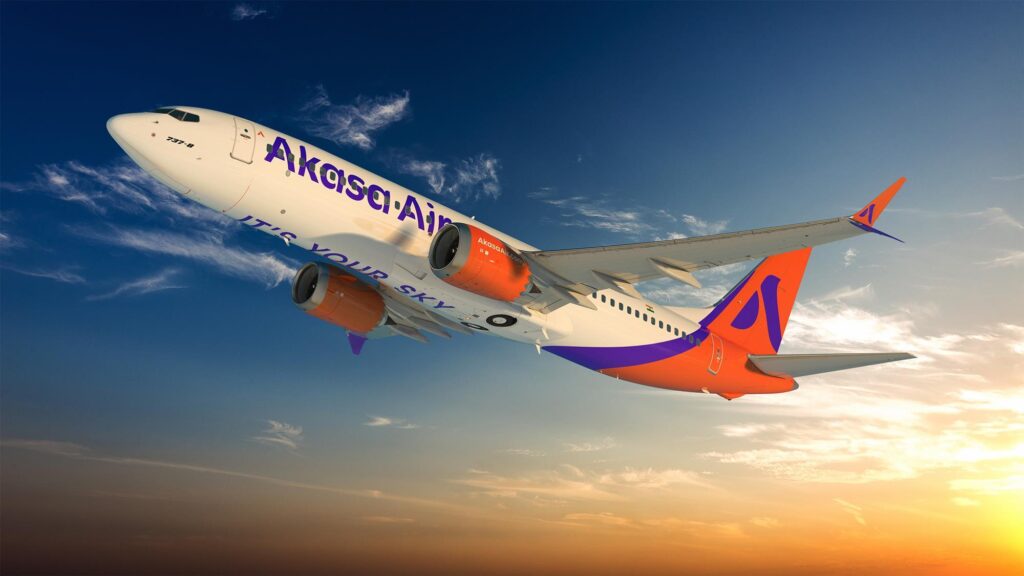According to Chief Executive Officer Vinay Dube, Akasa Air, India’s newest airline, plans to launch its commercial operations by the end of July and will execute a proving flight with the nation’s Directorate General of Civil Aviation as early as next week.

In an interview at the fledgling airline’s office in Mumbai, Dube said that Akasa, funded by billionaire Rakesh Jhunjhunwala, will likely acquire its air operator’s certificate within days of the proving flight, apply for airport slots, and begin selling tickets within two to three weeks.
The domestic value carrier’s initial routes will concentrate on point-to-point services. According to Dube, a former executive at Delta Air Lines Inc. who once led Jet Airways India Ltd., international flights are expected to begin in the second half of 2023.
“We don’t support the hub idea. According to Dube, Akasa will concentrate on offering flights from Indian metropolises to tier two and tier three cities”.
Aditya Ghosh, the executive who oversaw low-cost carrier IndiGo for nearly ten years, is one of Akasa’s other backers. Akasa has ambitious growth plans, with the goal of acquiring 18 aircraft in the fiscal year that ends in March 2023. According to Dube, Asaka should get one to two planes a month from an order placed in November for 72 Boeing Co. 737 Max jets valued at $9 billion at list prices.

Akasa won’t be able to compete on prices alone in India’s very competitive aviation market. Although the airline intends to be cost-competitive, Dube noted that in order for it to succeed in the long run, it would also need to provide excellent customer service and foster an employee-centric culture.
“I don’t believe that India has a surplus of supply; over the next 20 years, India will require 1,000 planes. In India, the pie is expanding more quickly,” he claimed.
Jyotiraditya Scindia, the country’s minister of civil aviation, stated earlier this year that India may need to add as many as 120 jets year to keep up with demand. The nation is preparing by constructing airports, even in the tiniest places, hiring more crew members, upgrading maintenance facilities, and training more pilots.
In advance of the launch of its commercial flights, Asaka has employed more than 100 pilots in addition to cabin staff at its own pilot training facility in Delhi.
Dube said that the airline has the newest and greenest fleet in India, if not the entire globe, thanks to its fleet of brand-new aircraft powered by LEAP-1B engines from CFM International Inc.

He claimed that by using brand-new planes and engines, Akasa would have a fuel efficiency of 15 to 17%. “Due to its operating processes and practises, Akasa will also have a competitive advantage on the cost of fuel.”
Stay tuned and updated with Aviationa2z.

